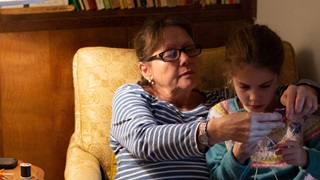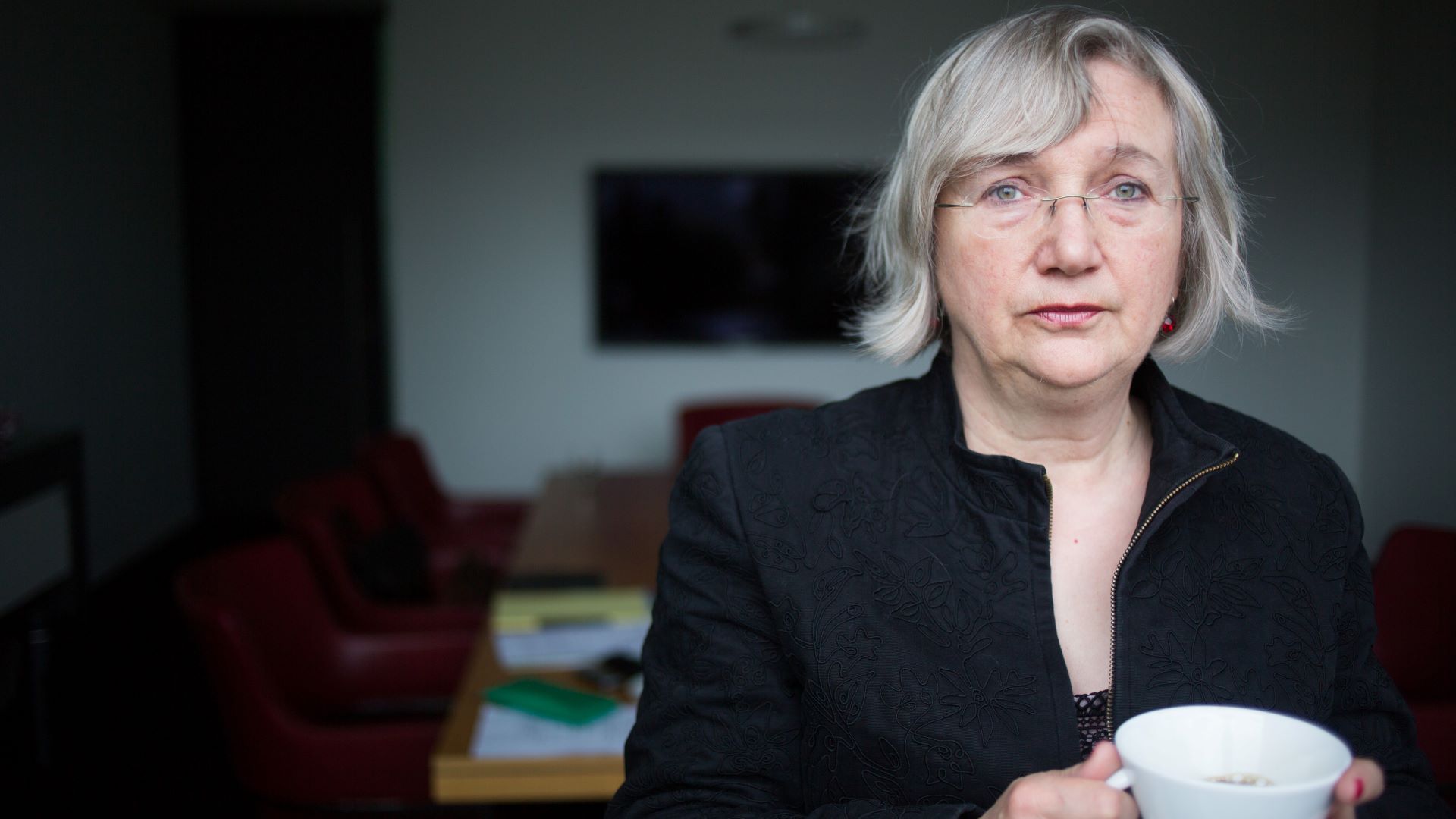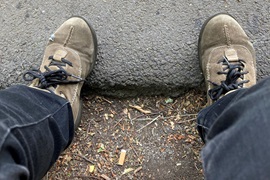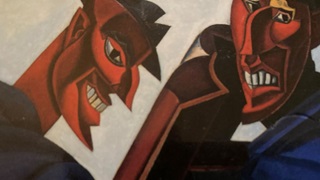
In your face
By way of farewell | Issue 21 | 2022


'I have tossed my rose onto the stage'
Nicola Liu is the editor of RE. She sometimes goes by the pen name Ingeborg Alexander. This is the map of her life, or fragments thereof.
I wanted to understand how the world worked. So I studied international history and politics at Leeds. That took me to China and the politics of revolution. And to the kibbutz in the Negev, where I read Eliot and Donne and learned a little Hebrew, before finding work in London. St James’s Square. I was a press library assistant at Chatham House, one in a long tradition of curious women. Each day, I cycled from Stepney Green, where I rented a room in a flat in an East End council estate. At night, I studied Chinese. Always so serious.
My mother is—was German. My father was English. Their post-War marriage ended after eight years. From then on we lived in Dover, on the edge of England, looking out. When I was ten I started at the grammar school and we moved to a council house on the edge of town. Bored in the summer, I got a job, a kitchen maid, employed by a peerless Lady in St Margaret’s Bay. I earned six pounds a week. That got me to Vienna. I figured out later how to get to Berlin, where Oma lived, and Tante Inge, and Jürgen.
There is a place called Madingley Hall outside Cambridge, junction 13, and there is a bench outside, where I once sat and smoked. Inside and up the stairs is a panelled room with deep windows. Elizabeth Speller taught me here. And Adam Mars-Jones with his cellist friend. Inside Cambridge is Lucy Cavendish College, a place for women only, on Lady Margaret Road. In the grounds is a library with at the top the scribbling room, with sofas and a view of trees. At night, this perfect wooden library is lit up from inside. I am there, and I am writing.
The first time I went to China, I flew to Hong Kong and got the train. Everyone wore Mao suits then: the door was open but not wide open. The second time, I still flew, still got the train, but when I left, after four years, I took the Trans-Siberian up through Mongolia and over Lake Baikal through the trees to Moscow, where I looked at some art, before boarding the train to Warsaw, then East, then West Berlin. I had a Chinese husband in tow and a fistful of paintings from Xinjiang. My mother was waiting for us in Dover.
This is the fairy tale. We met on a train, on the other side of the world, and after breakfast agreed to get off the train and explore. A friend had said she’d be there. But there was a dust storm. That obscured everything. After three days, you had to go north; and I flew south-west, took the train east, went down the river. I had a fever and was the last to get off the boat—and you were there. You had come on the off chance I’d be there. And I was. In all of China, who would have thought it?
I have seen into the hearts of men; and found them wanting. I have tossed my rose onto the stage. I have followed The Taming of the Shrew every Irish step of the way and have sat with Hamlet in a white asylum begging him not to go to his death. I have walked in and out of the National and in and out of the Globe. And after all was said and done, I have cycled home—past the Tate, past the BFI, past the London Eye, under Waterloo bridge, under Westminster bridge, under the moon that floats above.
Athens was unexpectedly gold and shabby but still blue. I was there to ask the Greeks what it was to be Greek. They laughed. At home, I wrote Ethiopia on the chalkboard in my kitchen. That was as close as I got to it, but I still have the words. The molten rock the cracked desolate landscape malachite kingfishers in the desert huge blue lakes flashing like mirrors the ancient sound of music glittering acetylene sparks deep sunken pools the Queen of Sheba the horn of Africa the sea will flood in. The sea that is in the Greeks’ blood.
When my son was two, we flew to Tennessee. My brother drove from Memphis to Nashville to pick us up. I was in Israel when he went to the States and had still not visited. A friend working in Sudan had turned up at the kibbutz and the next year I visited him in Merowe. Then I was in Urumqi thinking what to do with my life when another friend turned up, and I joined her and her sister on the bus to Kashgar. But still not the Taklamakan. In the whole of my life, will I never do that?
Our daughter died. She has a grave. In the map of my life the grimy south London streets that lead to our daughter’s grave are there but they fall away as I go into the cemetery. They are immaterial. Save to say that in the late autumn the churchyard and pavements are filled with stalls and that next to the entrance there is now a library with a Picturehouse cinema. Across the road is the Blackbird café, where I sometimes sit, and down the road is a bike shop. These places are only there because of the grave.
The next stop is Fort Matilda. This train is for Glasgow Central I’m on the train. We are now approaching Greenock West On the ferry, I saw a dolphin rising and falling. I saw a red ferryboat going in the other direction. I saw gaps in the hills and water streaming through. We are now approaching Port Glasgow A man behind me is muttering into his phone The next stop is Langbank and the sky is surprisingly blue. To my right there are sheep and trees that are still green. “Oh aye”, says the man just down from me, to his companion.

James Reid. Sacha de Klerk. Nicola Liu. Andrew Robinson. On the subject of shoes.| Issue 20 | 2022

Nicola Liu is the editor of RE. Her bookshelf includes George Saunders and Alice Oswald | Issue 16 | 2019
© Norton Rose Fulbright LLP 2025